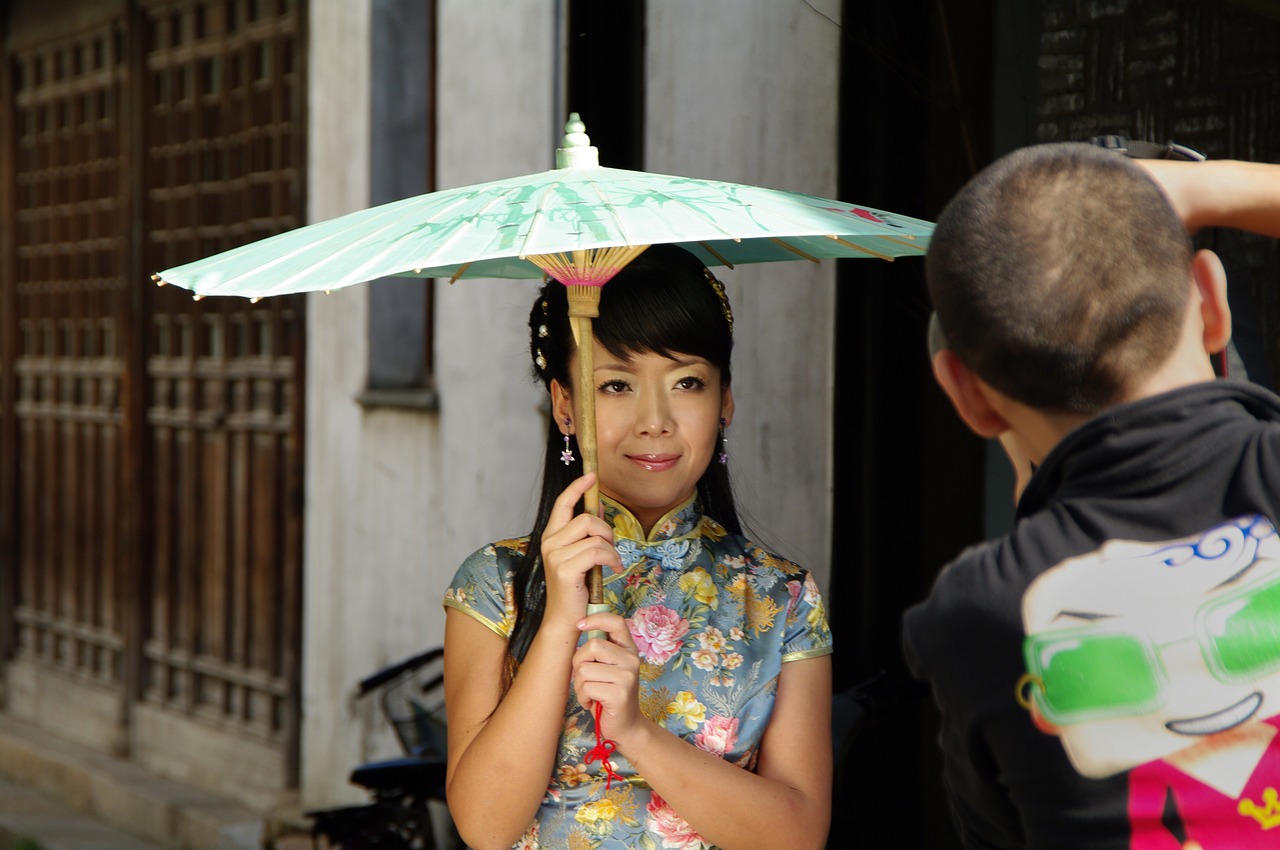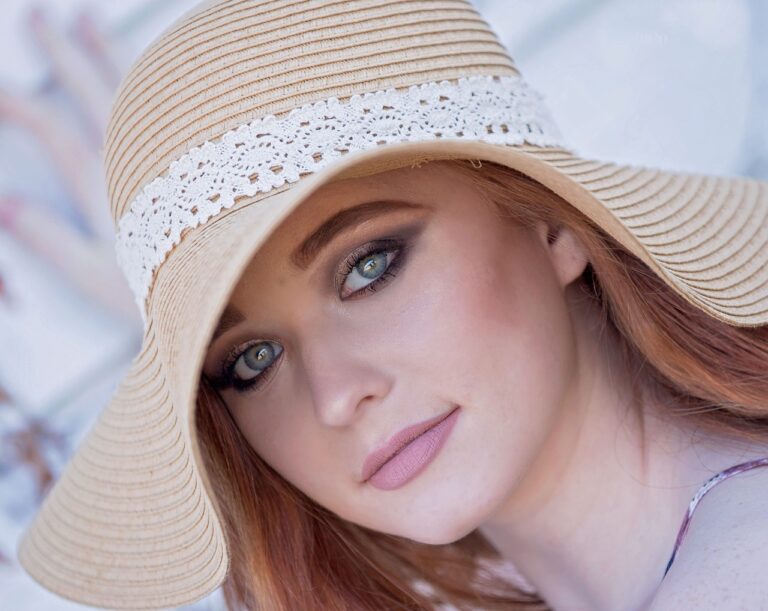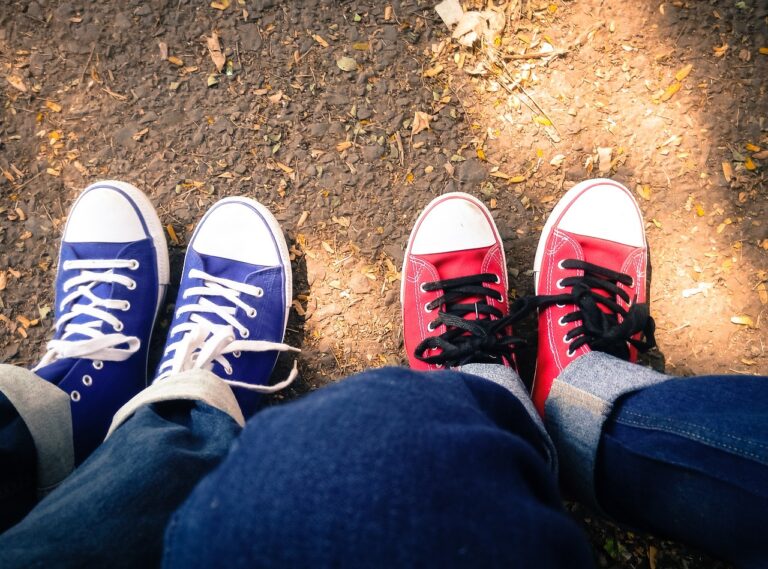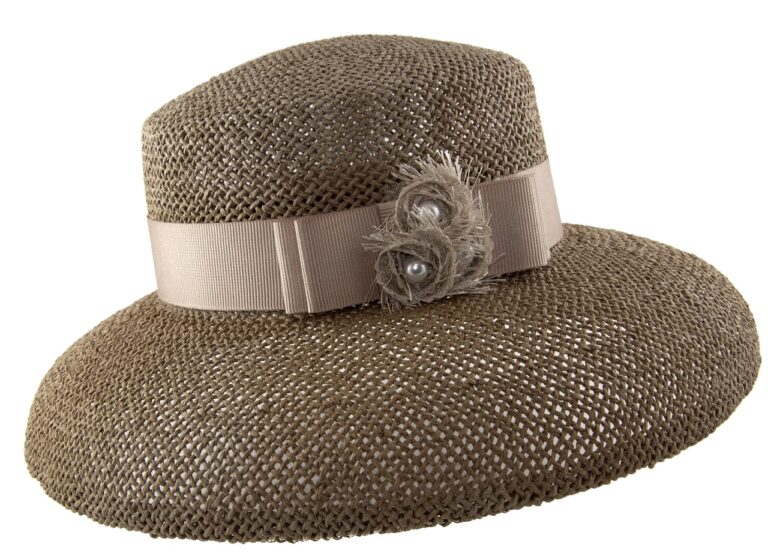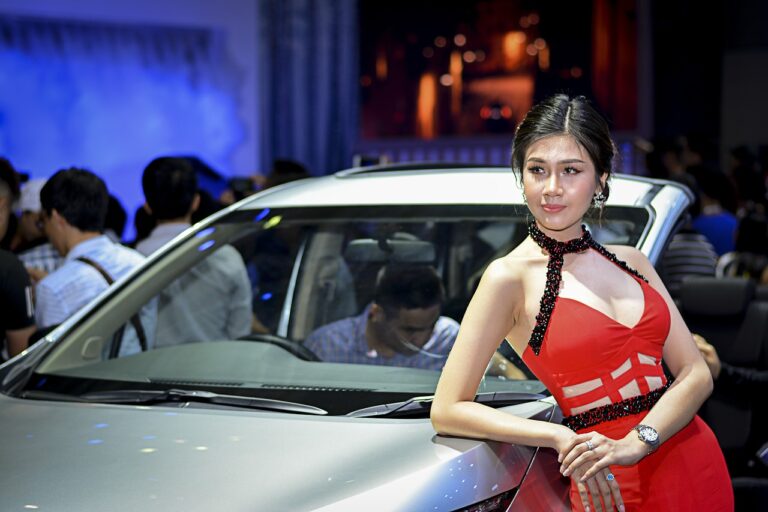The Influence of Political Movements on Fashion Trends: Cricbet99.com sign up, Sky1exchanges login, Cricket bet99
cricbet99.com sign up, Sky1exchanges Login, cricket bet99: The Influence of Political Movements on Fashion Trends
Fashion has always been more than just clothing; it is a reflection of the times we live in. Throughout history, political movements have influenced fashion trends, shaping the way we dress and express ourselves. From the suffragettes in the early 20th century to the punk rockers of the 1970s, political ideologies have played a significant role in determining what is considered fashionable.
In this blog post, we will explore how political movements have impacted fashion trends throughout history and how they continue to do so today.
The Suffragette Movement: Empowering Women Through Fashion
One of the earliest examples of a political movement influencing fashion trends is the suffragette movement of the early 20th century. Women fighting for the right to vote used clothing as a form of protest and empowerment. They adopted a uniform of long, flowing skirts and tailored blouses in the colors of purple, white, and green, which symbolized loyalty, purity, and hope.
By dressing in a distinct manner, suffragettes were able to signal their allegiance to the cause and demonstrate their unity and strength. The suffragette uniform became a powerful symbol of women’s rights and sparked a wave of fashion trends that emphasized comfort and practicality over style.
The Civil Rights Movement: Breaking down Barriers Through Fashion
In the 1960s, the civil rights movement in the United States had a profound impact on fashion trends. African Americans fought against racial discrimination and segregation, and their struggle for equality was reflected in their clothing choices. The Afro hairstyle, dashikis, and colorful prints became symbols of pride and resistance.
Fashion designers embraced African-inspired styles and incorporated them into their collections, bringing visibility to black culture and challenging traditional notions of beauty and style. The civil rights movement not only influenced fashion trends but also paved the way for greater diversity and inclusivity in the fashion industry.
The Punk Movement: Subverting the Status Quo Through Fashion
In the 1970s, the punk movement emerged as a rebellious response to the political and social upheaval of the time. Punk rockers rejected mainstream culture and embraced a DIY ethos, creating their own clothing and accessories from found materials and thrift store finds. The punk aesthetic was characterized by ripped jeans, safety pins, and leather jackets, embodying a spirit of defiance and nonconformity.
Punk fashion challenged traditional ideas of beauty and style, pushing boundaries and breaking down barriers. The movement’s influence can still be seen in contemporary fashion trends, from grunge-inspired looks to streetwear brands that draw on punk aesthetics.
Environmental Movements: Sustainability and Ethical Fashion
In recent years, environmental movements have been instrumental in shaping fashion trends. As people become more aware of the impact of the fashion industry on the planet, there has been a growing demand for sustainable and ethical fashion practices. Designers are increasingly using eco-friendly materials, reducing waste, and supporting fair labor practices in response to consumer concerns about sustainability.
The rise of slow fashion, vintage clothing, and upcycled garments reflects a shift towards more conscious consumption habits. Environmental activists have called for greater transparency and accountability in the fashion industry, leading to changes in production methods and supply chains. As the fight against climate change intensifies, fashion is becoming a powerful tool for raising awareness and promoting positive change.
Political Movements and Fashion: A Complex Relationship
The relationship between political movements and fashion trends is complex and multifaceted. While clothing can be a form of protest and expression, it can also be co-opted and commodified by the fashion industry. It is important to recognize the power dynamics at play and to critically examine the ways in which politics and fashion intersect.
As consumers, we have the ability to support brands and designers that align with our values and beliefs. By choosing to buy from ethical and sustainable fashion labels, we can contribute to positive social and environmental change. Fashion has the potential to be a force for good, but it requires us to be mindful of the impact our choices have on the world around us.
In conclusion, political movements have a profound influence on fashion trends, shaping the way we dress and the messages we convey through our clothing. From the suffragettes to the punks, political ideologies have sparked moments of creativity and rebellion in the world of fashion. As we navigate an uncertain future, it is crucial to consider the role that fashion plays in reflecting our values and shaping the world we want to live in.
FAQs
Q: How do political movements influence fashion trends?
A: Political movements influence fashion trends by inspiring new styles, symbols, and aesthetics that reflect the values and beliefs of the movement. Clothing can be a powerful form of expression and protest, allowing individuals to signal their allegiance to a cause or challenge the status quo.
Q: Can fashion be a form of activism?
A: Yes, fashion can be a form of activism. By choosing to wear clothing that aligns with your values and beliefs, you can use fashion as a tool for raising awareness and promoting social change. Supporting ethical and sustainable fashion practices is a way to advocate for a more just and equitable world.
Q: How can I support ethical and sustainable fashion?
A: There are several ways to support ethical and sustainable fashion. You can research brands and designers that prioritize environmental and social responsibility, buy second-hand or vintage clothing, and reduce your overall consumption of fast fashion. By making mindful choices about what you wear, you can help create a more sustainable and ethical fashion industry.

